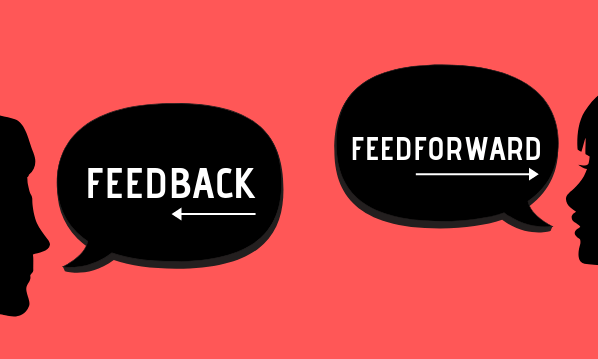I recently visited the Business Start-up Exhibition at Earls Court and saw Paula Wynne give a talk aimed at small and medium sized businesses (SMEs) on how to become number one in Google search results. So I thought I’d share what I learnt from her talk with you guys here.

Paula used the talk to list the three key ways she believed would help businesses to optimise their websites:
1.) Long-tail keywords
- This means keywords strung together to form a long phrase
- One or two words are good, five or six are better
- Aim for niche and competitive keywords
- The best keywords are highly specific and relevant.
- When customers use a highly specific search phrase they tend to be looking for exactly what they are going to buy.
2.) Metadata
- Inserting metadata into every page on your website ensures every page is optimised, in particularly for keywords with a rich long-tail keyword and description
- Metadata is crucial, don’t let anyone tell you it’s not needed on your site
- Metadata is data about data, it forms a website index so search engines understand what is on your site
- Metadata is added in the back-end of your site, the CMS, in most cases you can insert this yourself, so ask your developer
- Google loves fresh content, it’s crucial to keep adding new content to your site
- The metadata from your site is added to ‘page source’ which is how Google reads your page in HTML
- Google generates its search results by indexing page’s metadata, matching it to the page content and surfacing relevant results to a user when they search.
3.) On page optimisation
- Every page on your website must be optimised and strategic keyword placement will help this
- URL, page title, description, headers and sub-headers, text on page and alt tags all contribute to the optimisation
- Niche and long-tail keywords
- Using metadata effectively in the page source will result in good optimisation
If these three pieces of advice are followed then Paula believed that the SEO of your website will be improve and it’s more likely to be returned ranking well in Google search results. This, ultimately is the aim of the game, there’s no point in having an amazing website with great content if no one can find it or see it.





